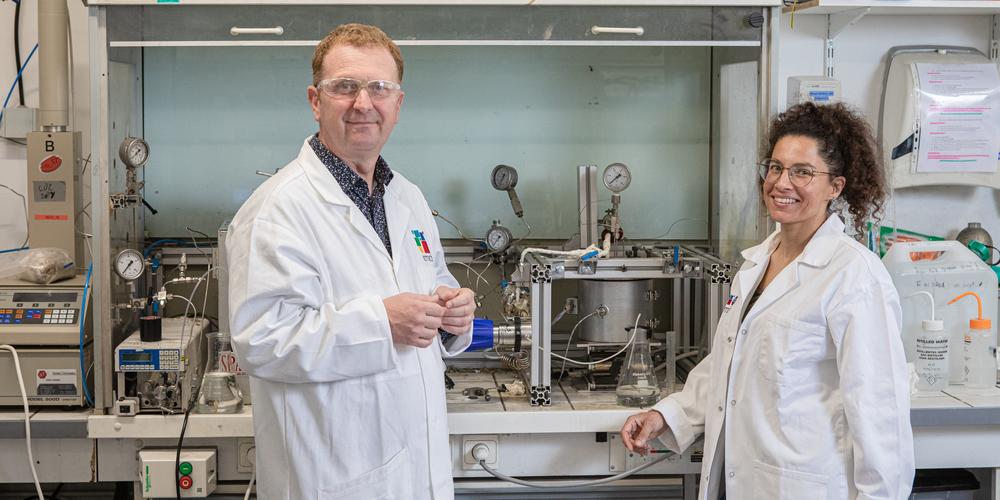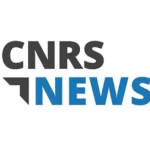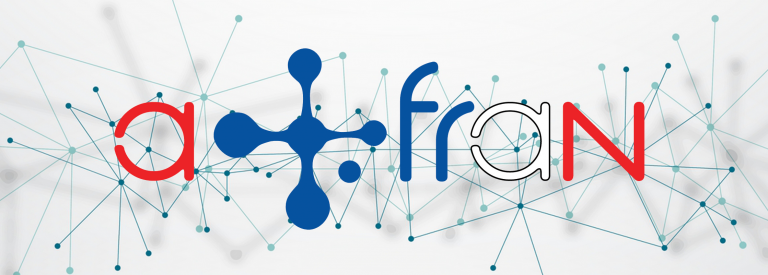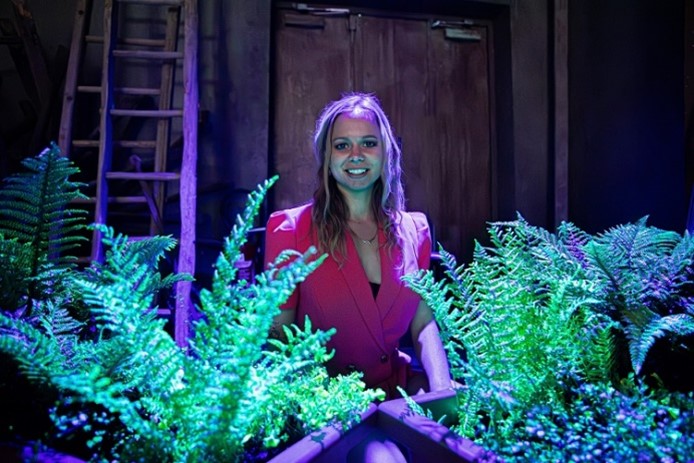This article was first published on cnrsnews here
Supercritical fluids to recycle and develop circular economy
and sustainable development
Cyril Aymonier is one of the three recipients of the CNRS 2024 Innovation Medal,
which rewards male and female scientists whose research has led to groundbreaking technological, therapeutic or social innovation.
Putting water into special conditions of temperature and pressure, known as ‘supercritical’ conditions, can make it miscible with oil while no longer solubilising salts. In general, solvents in supercritical conditions start to behave in a manner that is somewhere between gas and liquid. This hybrid behaviour notably makes it possible to synthesise, shape and recycle materials that cannot be attained using conventional approaches.
Cyril Aymonier explains that: Supercritical fluid technologies are part of the circular economy and sustainable development. They make it possible to increase the proportion of recycled raw materials in new materials, among other things.
This CNRS research professor is a world-renowned expert in supercritical fluid media and the director of the Bordeaux Institute of Condensed Matter Chemistry. He designs new materials and raw materials for recycling, while also developing processes adapted to supercritical conditions.
Cyril Aymonier’s research has led to nearly fifty patents being filed, including over thirty resulting from collaborative contracts with industrial partners such as Safran, Arkema, Imerys, Renault, Essilor or L’Électrolyse. These industry partnerships have highly varied applications including the synthesis of artificial minerals, materials for catalysis and aeronautics, and the recycling of photovoltaic cells, magnets, food packaging and thermoplastics.
In 2019, his work also led to the creation of the start-up Idelam, which uses unique delamination technology to recycle complex multi-component materials. Aymonier is very much involved in research-led training, having supervised over seventy theses and post-doctorates, over half of which were in partnership with companies.
He adds that most of the questions that interest industry can be transposed into scientific problems which “is why my activities range from very fundamental research to technology transfer in partnership with industry”.
This year’s innovation medal complements the CNRS Bronze Medal Cyril Aymonier was awarded in 2011.





